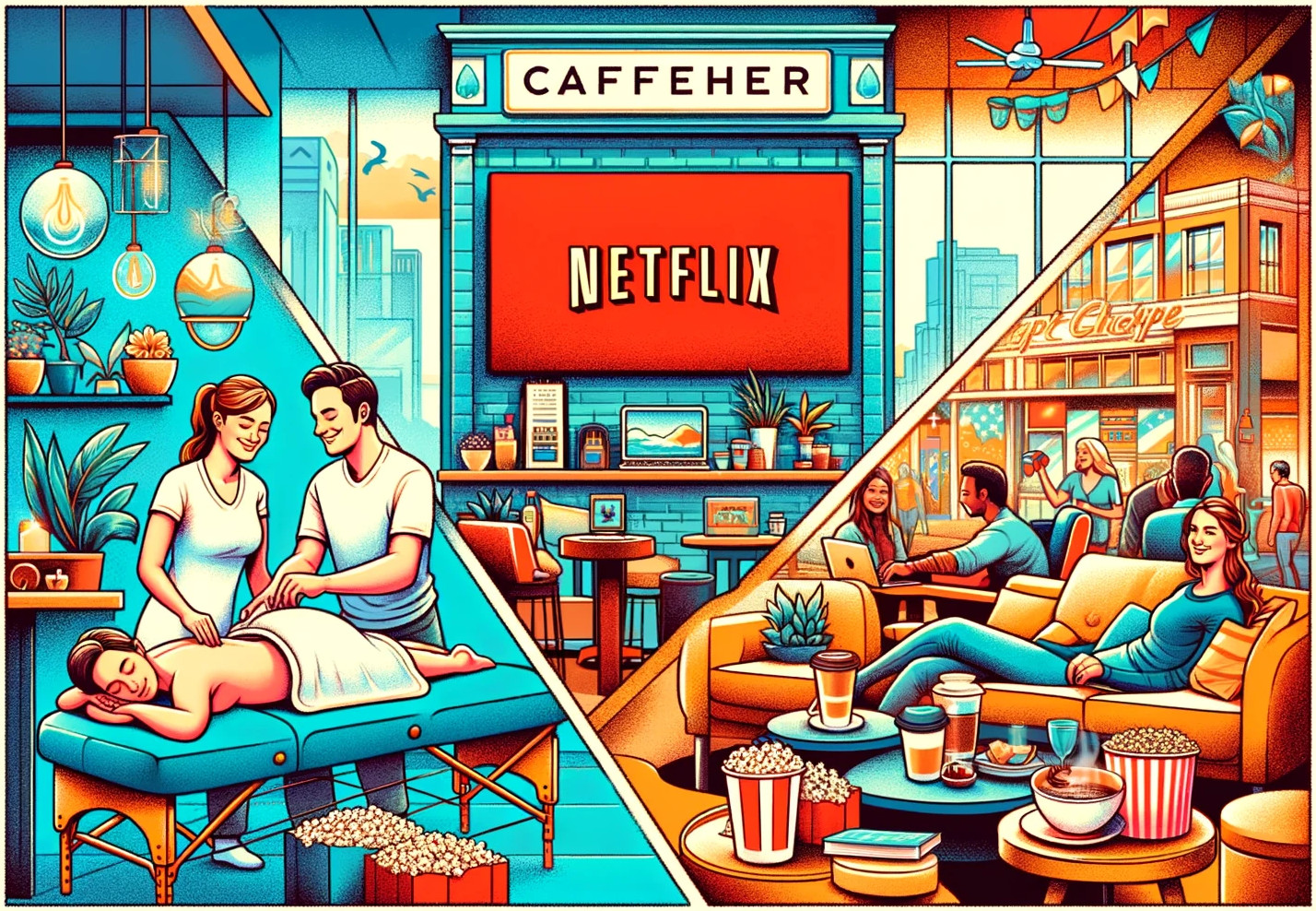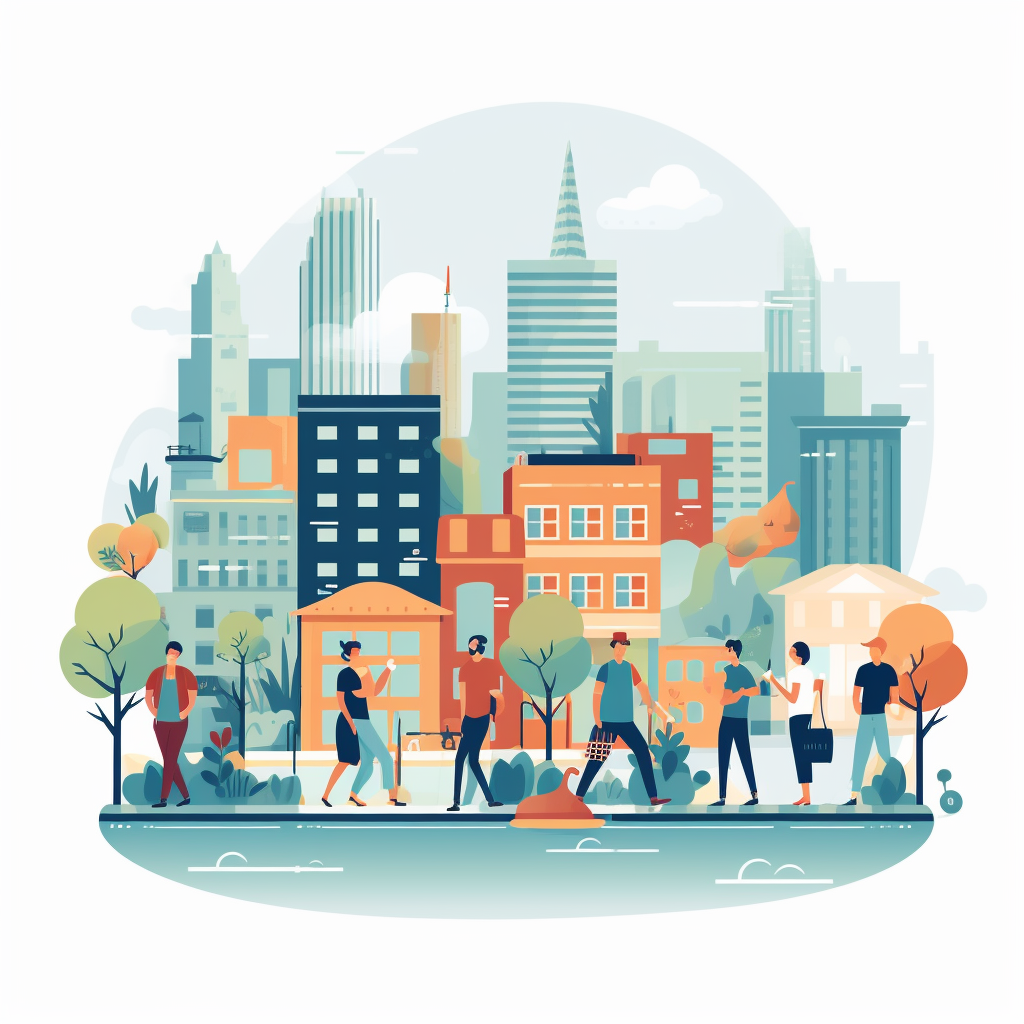· Connor Lopez · Tutorials · 3 min read
Is Traditional Coffee Culture Coming To An End?

The concept of traditional coffee culture, a space for socializing and savoring specialty coffee, has undergone a transformation in recent years. The rise of digital devices and the trend of blending coffee shops with unrelated businesses are reshaping this cultural phenomenon.
You’ve likely heard about the new cat café in your city, where you can sip your coffee surrounded by furry friends. If felines aren’t your cup of tea, perhaps a café filled with bunnies, puppies, or even hedgehogs suits your taste?
Jokes aside, the idea of merging coffee shops with seemingly unrelated ventures has gained immense popularity, resulting in an array of unique combinations. From coffee shops nestled within flower shops, petting zoos, and car washes, to more unconventional pairings like beauty salons, dental offices, tattoo parlors, and yoga studios – has set off a competition among entrepreneurs to create the quirkiest fusion.
While these examples showcase the intrigue of hybrid businesses, they may not always make practical sense or call for a harmonious ambiance. Such unorthodox pairings can often dilute the fundamental essence of a coffee shop. Historically, coffee shops have served as gathering places for people to socialize and enjoy their coffee. Yet, some of these hybrid businesses shift their focus away from coffee quality and the communal experience, prioritizing other services or gimmicks.
Consider a coffee shop combined with a barbershop. The usage of loud hairdryers and conversations may disrupt the tranquility for those seeking quiet conversations or a peaceful workspace. Not to mention the possibility of flying hair finding its way into people’s drinks.
Another nuance of such hybrids could be that customers might visit primarily for the secondary service, such as getting a haircut or shopping for shoes, rather than for coffee and conversation.
The emergence of these diverse hybrid businesses reflects entrepreneurial innovation but also highlights the importance of carefully considering how elements fit together to provide a coherent, enjoyable, and truly unique customer experience. For many, traditional coffee shops have played as “third places”, where they can gather, interact, and form social bonds. The proliferation of these hybrid business models could potentially hinder the development of such community spaces.
Innovation and experimentation within the coffee industry are undoubtedly essential and welcome. However, they shouldn’t come at the expense of the traditional coffee shop’s social essence. It’s an ongoing challenge for creative entrepreneurs to strike a balance that respects both aspects – the coffee culture’s heritage and the spirit of innovation.



